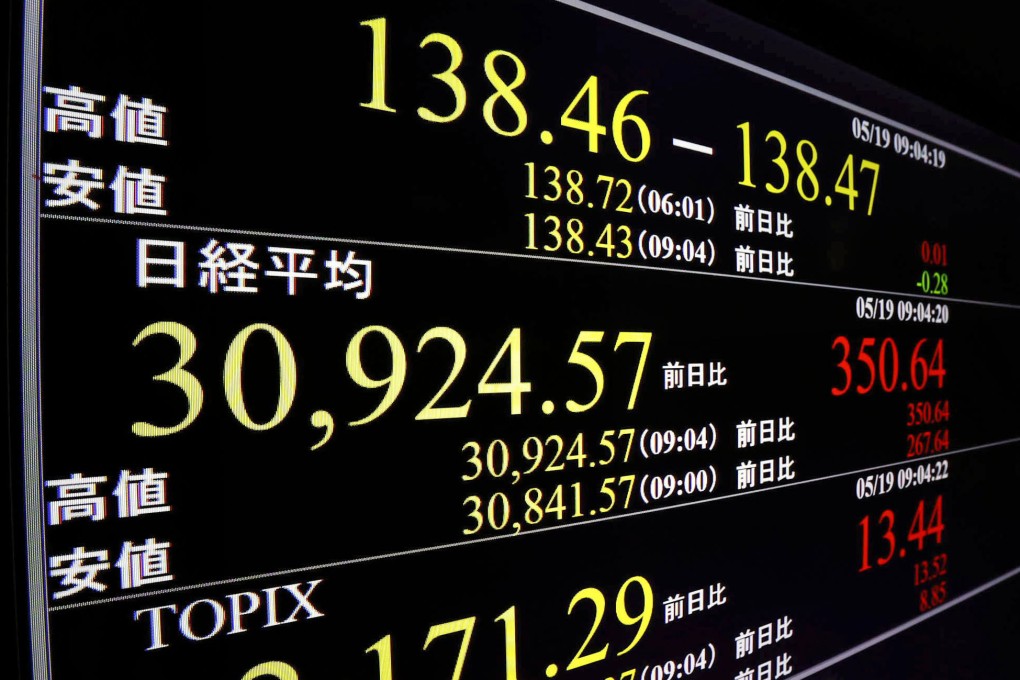Macroscope | How rising China risks are driving Japan’s stock rally as investors look for safer alternatives
- Japanese stocks have had many false dawns in recent years, but the latest upswing comes as several factors suggest this time may be different
- Japan is also the only market in Asia big and liquid enough to offer an alternative to China while still providing exposure to the reopening of its economy

Many years of false dawns in Japanese equities have caused even the most optimistic investors to doubt whether any rally will prove durable. Yet, the latest upswing comes when several crucial domestic and external factors are working in Japan’s favour, giving hope to fund managers that this time is different.
On Monday, Japanese stocks reached their highest level in 33 years, taking the Nikkei 225’s gains so far this year to 17.5 per cent, making it one of the world’s best-performing markets. The rally has been driven by a sharp rise in purchases by foreign institutions, which have bought a net US$44 billion since the start of April. A large portion of the inflows, moreover, are longer-term investments as opposed to speculative money.
There are several explanations for the outperformance of Japanese shares. One is a drive to improve corporate governance, spearheaded by the Tokyo Stock Exchange which signalled that the bourse would push firms to improve shareholder value.


